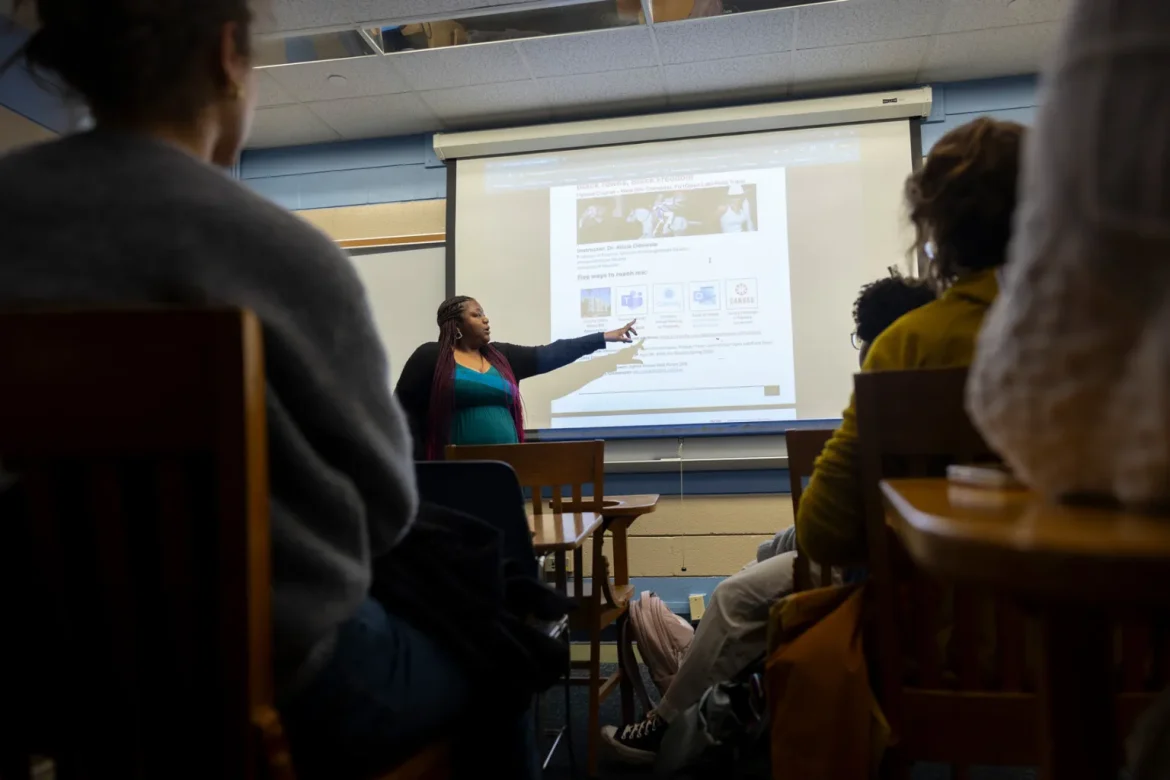The National Geographic Society has selected Houston archaeologist Dr. Alicia Odewale to lead a two-year project called “Silent Witnesses: The Black Heritage Tree Project.”
This initiative aims to preserve Black history globally by mapping heritage trees in historic Black towns, including Galveston, Texas; Tulsa, Oklahoma; and St. Croix in the U.S. Virgin Islands.
Dr. Odewale, a professor at the University of Houston, will use these trees—referred to as “heritage,” “witness,” “spirit,” “righteous,” or “survivor trees”—to symbolize the history they have witnessed and document the resilience of Black communities over time.
The project, funded by the National Geographic Society’s Meridian program, is part of a $1.5 million initiative supporting ten interdisciplinary projects.
Dr. Odewale’s team will work with about 20 experts from six academic disciplines, including geography, architecture, design, history, forestry, and education, along with community leaders from Black towns.
They aim to identify and document the oldest surviving trees in each region, marking them as symbols of Black heritage and freedom.
The first phase will include community listening sessions in four locations to gather oral histories and additional information.
National Geographic Society’s chief explorer engagement officer, Alex Moen, praised the project for its collaborative approach and focus on community involvement.
Dr. Odewale’s initiative is one of 36 selected projects from 11 countries and was awarded $150,000 in funding.
This is Dr. Odewale’s fourth grant from the National Geographic Society, which will cover project costs such as equipment, travel, and compensation.
The goal is to create the first living global Black heritage tree map, extending beyond the original sites and highlighting the stories of resilience in multiple regions.
Naomi Carrier, who leads the team in Houston, and Sam Collins, who heads the team in Galveston, will play key roles in the project’s historical documentation.
Carrier, a former educator and historian, emphasized the importance of sharing untold Black history stories, especially those related to the African diaspora’s contributions to Texas.

